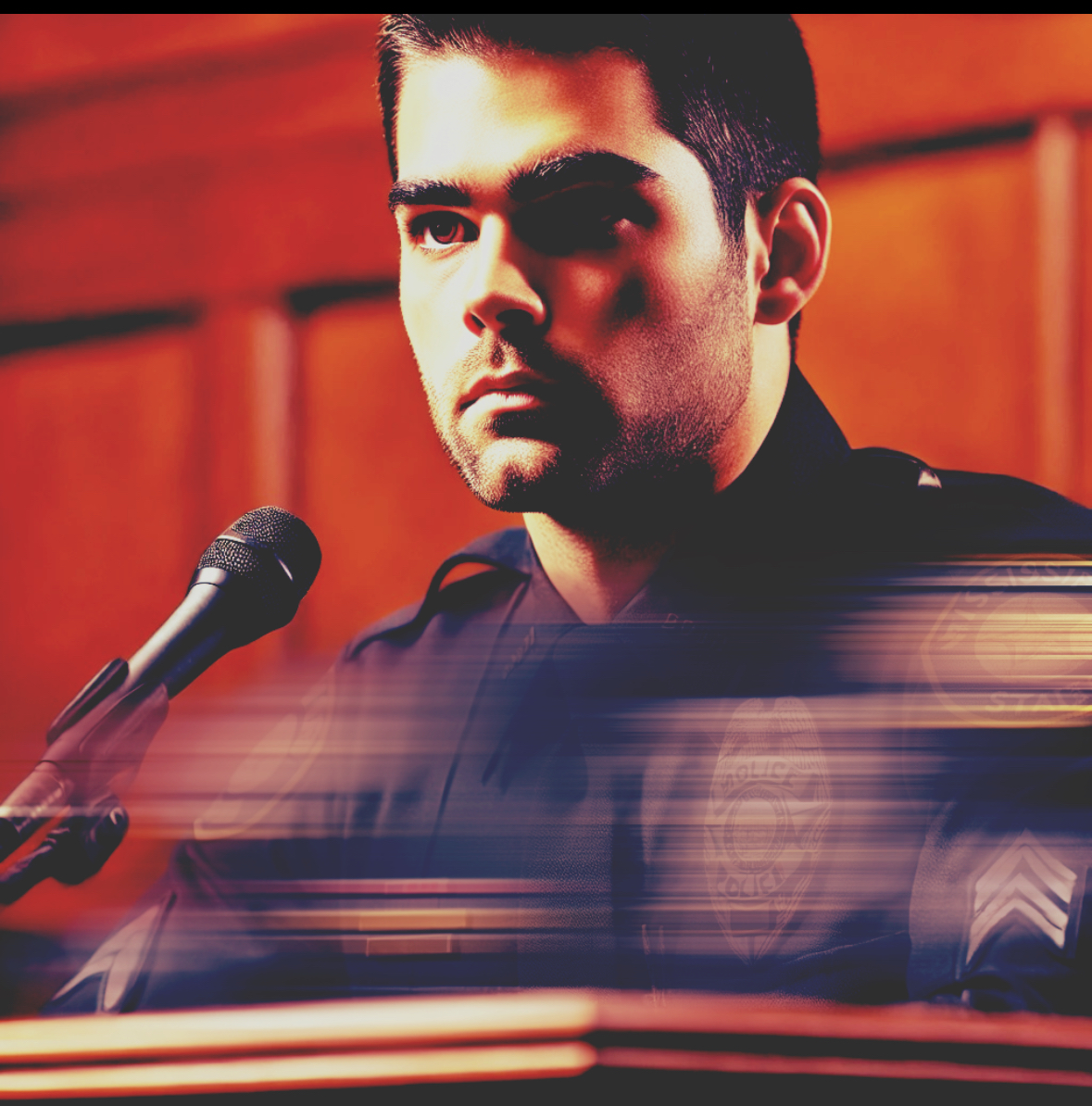We've written about preliminary hearings before, but they are a source of frequent questions from clients and potential clients, so we thought we'd cover them a bit more. We realize that understanding the criminal justice process and what to expect at each stage can ease some of the stress and uncertainty for people facing charges. One of the early steps in a criminal case in Mississippi is the preliminary hearing. Here’s a guide to help you know what to expect.
What is a Preliminary Hearing?
A preliminary hearing, sometimes referred to as a probable cause hearing, is a crucial step in the criminal justice process. It’s designed to determine whether there is enough evidence to proceed with the charges against you. If the judge finds sufficient probable cause, your case will move forward to trial. If not, the charges may be dismissed.
Timing of the Preliminary Hearing
Under Mississippi law, a preliminary hearing should generally be held within 14 days of your arrest. If you are out on bail, it’s important to request a preliminary hearing to ensure this step is not overlooked.
What Happens During the Hearing?
1. Presentation of Evidence: The prosecutor will present evidence to show that a crime was committed and that you are likely the person who committed it. This can include witness testimonies, police reports, and other relevant evidence. The standard here is only probable cause, not guilt beyond a reasonable doubt. The rules of evidence are also relaxed, so expect to potentially hear some hearsay testimony.
2. Cross-Examination: Your defense attorney will have the opportunity to cross-examine the prosecution’s witnesses and challenge the evidence presented. This is crucial for uncovering weaknesses in the prosecution’s case.
3. Defense’s Evidence: While it’s not required, your attorney may present evidence or call witnesses to dispute the prosecution’s claims. However, this is unlikely as many defense attorneys opt to reserve detailed defenses for the trial.
4. Judge’s Decision: The judge will decide if there is probable cause to believe that a crime was committed and that you committed it. If probable cause is found, the case is bound over to wait for action by the grand jury. If not, the charges can be dismissed.
Your Rights at the Preliminary Hearing
• Right to an Attorney: You have the right to be represented by an attorney. If you cannot afford one, a public defender will be appointed for you.
• Right to Cross-Examine Witnesses: Your attorney can question the prosecution’s witnesses to challenge their credibility and the validity of their statements.
• Right to Present Evidence: Although not common at this stage, you have the right to present evidence in your defense.
Importance of the Preliminary Hearing
The preliminary hearing is a critical juncture in your case. It can set the tone for the rest of the proceedings and provides an early opportunity for your attorney to evaluate the strength of the prosecution’s case. It’s also a chance to gather information that can be used later in your defense.
Conclusion
Every case is unique, and the specifics of what will happen at your preliminary hearing can vary. It’s essential to have experienced legal representation to navigate this process effectively. If you or a loved one are facing criminal charges, contact the Eichelberger Law Firm for a consultation with one of our experienced Mississippi criminal defense lawyers to discuss your case and prepare for what lies ahead.


